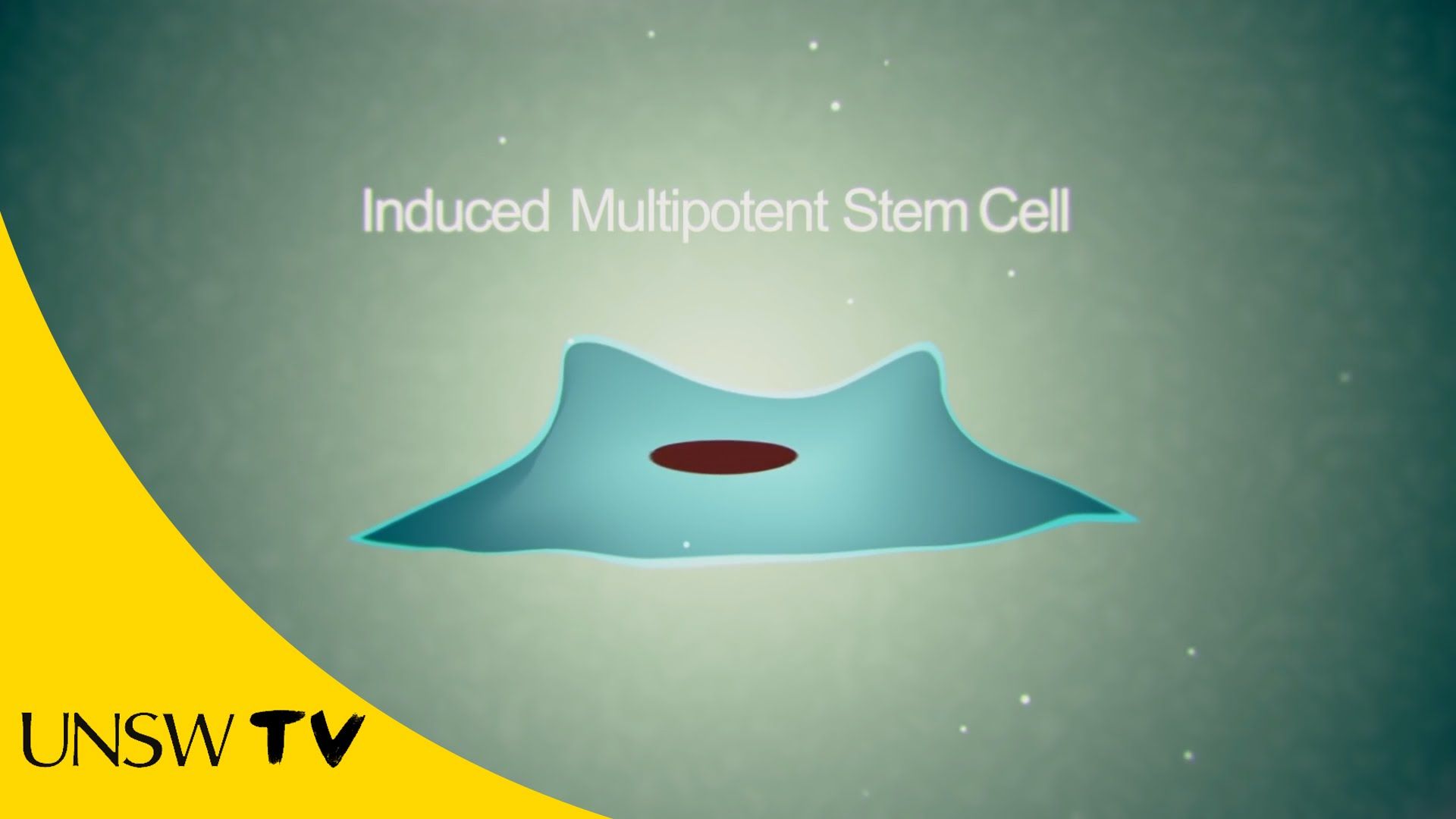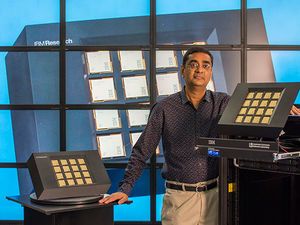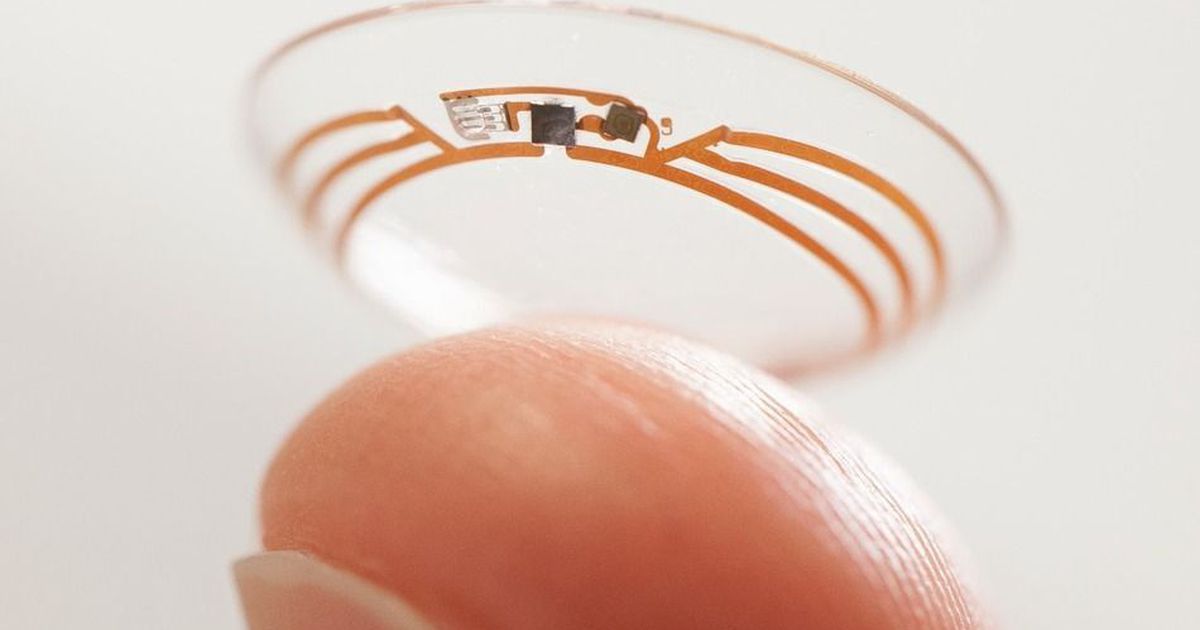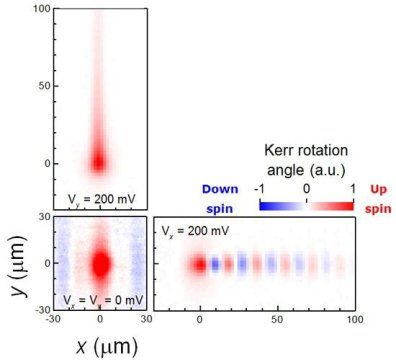Page 11290
Apr 7, 2016
‘The Next Rembrandt’ is a 3D-printed take on the painter’s style
Posted by Shailesh Prasad in categories: 3D printing, information science, media & arts
A new Rembrandt painting has been unveiled in Amsterdam on Tuesday, and we’re not talking about a newly discovered work. No, this one called The Next Rembrandt is truly brand new, created using data, algorithms and a 3D printer within the span of 18 months. A team of data scientists, engineers and scientists from various institutions, including Microsoft and the Rembrandt House Museum, joined forces to create this homage to the great painter. The team examined all the Dutch master’s known paintings to come up with the perfect project: a portrait of a 30 to 40-year-old Caucasian male with facial hair, wearing dark clothes with a collar and a hat on his head, facing to the right.
They then developed algorithms to extract what features make a painting a Rembrandt, such as the face’s shape and proportions. Ron Augustus, Microsoft’s SMB Markets Director, said: “You could say that we used technology and data like Rembrandt used his paints and his brushes to create something new.” To give their work a real painting’s texture, they used 3D printing techniques to print oil paint in layers. As a result, the portrait feels like it was actually painted by a human artist.
The project, which the Netherlands’ ING Bank commissioned ad agency J Walter Thompson to develop, most likely began as a promotional undertaking. As you can see, though, the final product turned out so good that the same technique could be used to make more affordable replicas (maybe even forgeries) of masterpieces.
Continue reading “‘The Next Rembrandt’ is a 3D-printed take on the painter’s style” »
Apr 7, 2016
Taco Bell wants you to order food from a chat bot
Posted by Shailesh Prasad in categories: food, robotics/AI
We’ve seen some clever ways to order food online in our day, but this one is decidedly off the wall. Taco Bell is testing TacoBot, a chat AI that helps you order (what else?) tacos in a Slack conversation. Think of it as a tasty text adventure — you can ask questions about the menu, customize your order and check your cart. It’s only in a private beta with a few companies at the moment, but you can sign up for a waiting list to have your Slack team give TacoBot a try. Just think — you could have tacos sent your way while you’re stuck in a planning session.
Apr 7, 2016
Imperial ambitions | The Economist
Posted by Odette Bohr Dienel in categories: augmented reality, big data, business, drones, internet, Mark Zuckerberg, robotics/AI, virtual reality
“The scale of Facebook’s ambition, and the rivalries it faces, reflect a consensus that these technologies will transform how people interact with each other, with data and with their surroundings.”
Tags: facebook, solar power
Apr 7, 2016
How Livermore Scientists Will Put IBM’s Brain-Inspired Chips To The Test
Posted by Shailesh Prasad in categories: computing, neuroscience
Apr 7, 2016
Samsung patents smart contact lenses with a built-in camera
Posted by Shailesh Prasad in category: electronics
Samsung has been granted a patent for smart contact lenses with a built-in camera that activates when you blink.
Apr 7, 2016
World’s Brightest X-Ray Laser Set to Get 10,000 Times Brighter
Posted by Dan Kummer in category: futurism
The world’s brightest X-ray laser is getting a second beam that is 10,000 times brighter than the first one and fires 8,000 times faster.
Apr 7, 2016
A stem-cell repair system that can regenerate any kind of human tissue
Posted by Montie Adkins in categories: biotech/medical, life extension

Stem cells, human trials, regenerative medicine, yay!

Continue reading “A stem-cell repair system that can regenerate any kind of human tissue” »
Apr 6, 2016
Long-distance transport of electron spins for spin-based logic devices
Posted by Karen Hurst in categories: computing, quantum physics
Almost all electronic devices operate by using an electron charge controlled by electrical means. In addition to a charge, an electron has a spin as a magnetic property. A groundbreaking concept for information processing based on electron spins is proposed using electron spins in semiconductors. Quantum computing enables us to exceed the speed of conventional computing and a spin transistor reduces energy consumption.
However, electron spins have yet to be used in realistic electronic devices except as part of magnetic devices for information storage. The reason is that spin polarization in a semiconductor is easily randomized, and consequently, it is difficult to transport spin polarization over a long distance.
An electron spin itself is a quantum spin angular momentum. Electrical transport and the manipulation of spin polarization are essential technologies if electron spins are to be employed in a device.

















